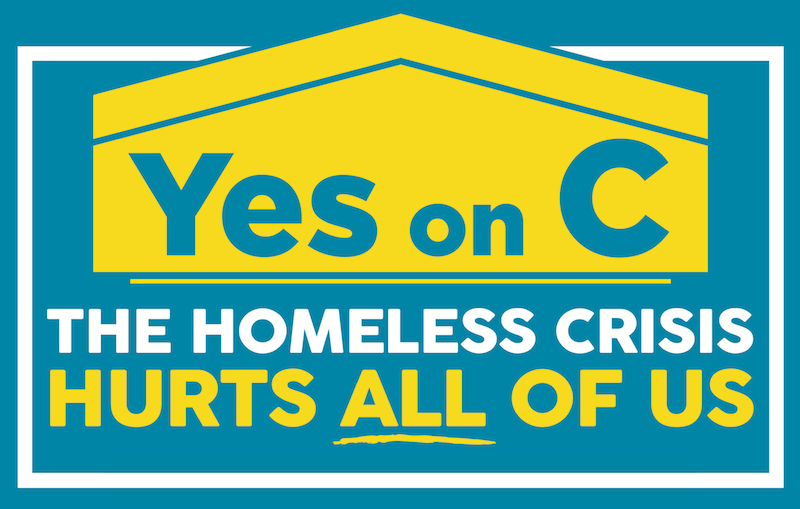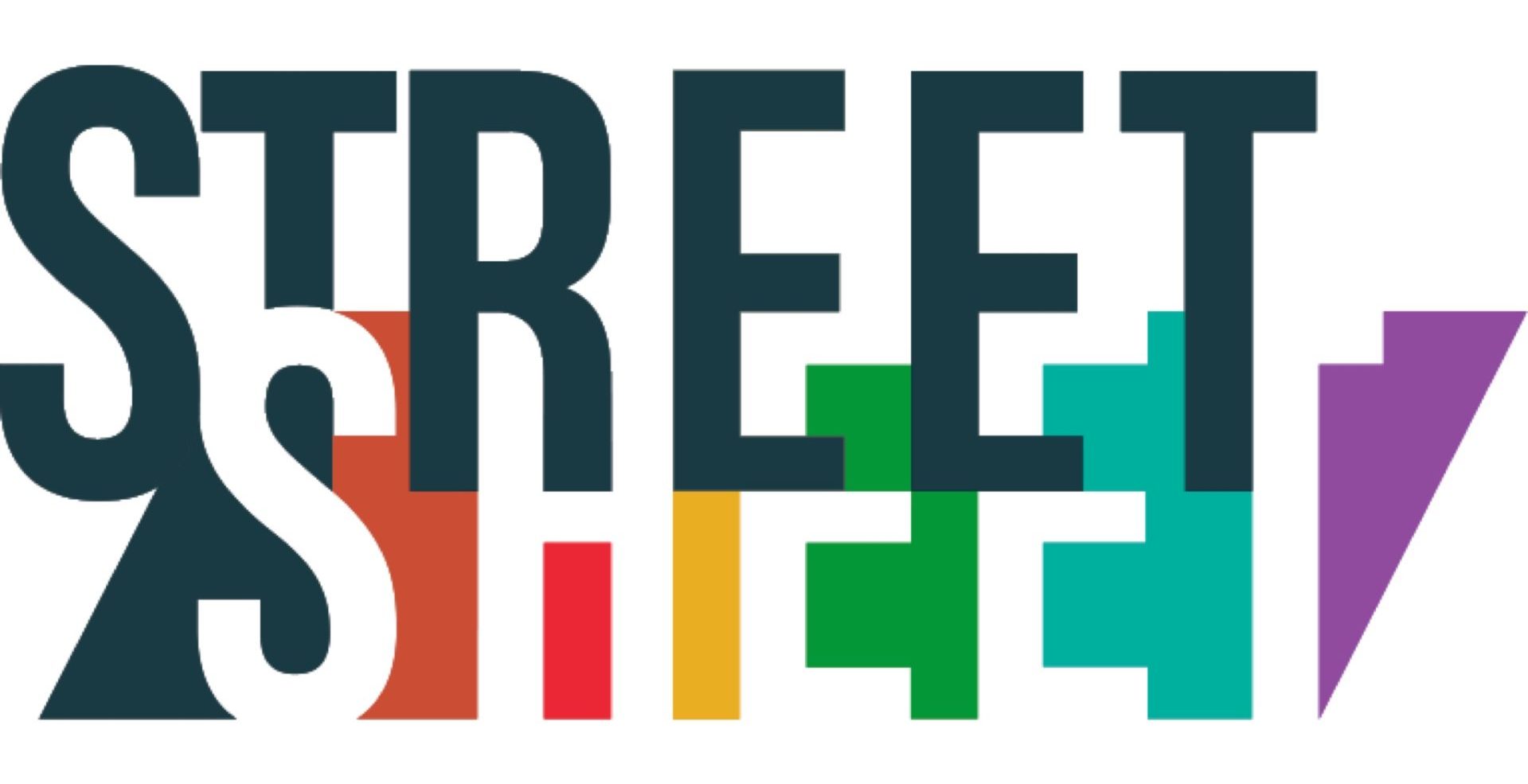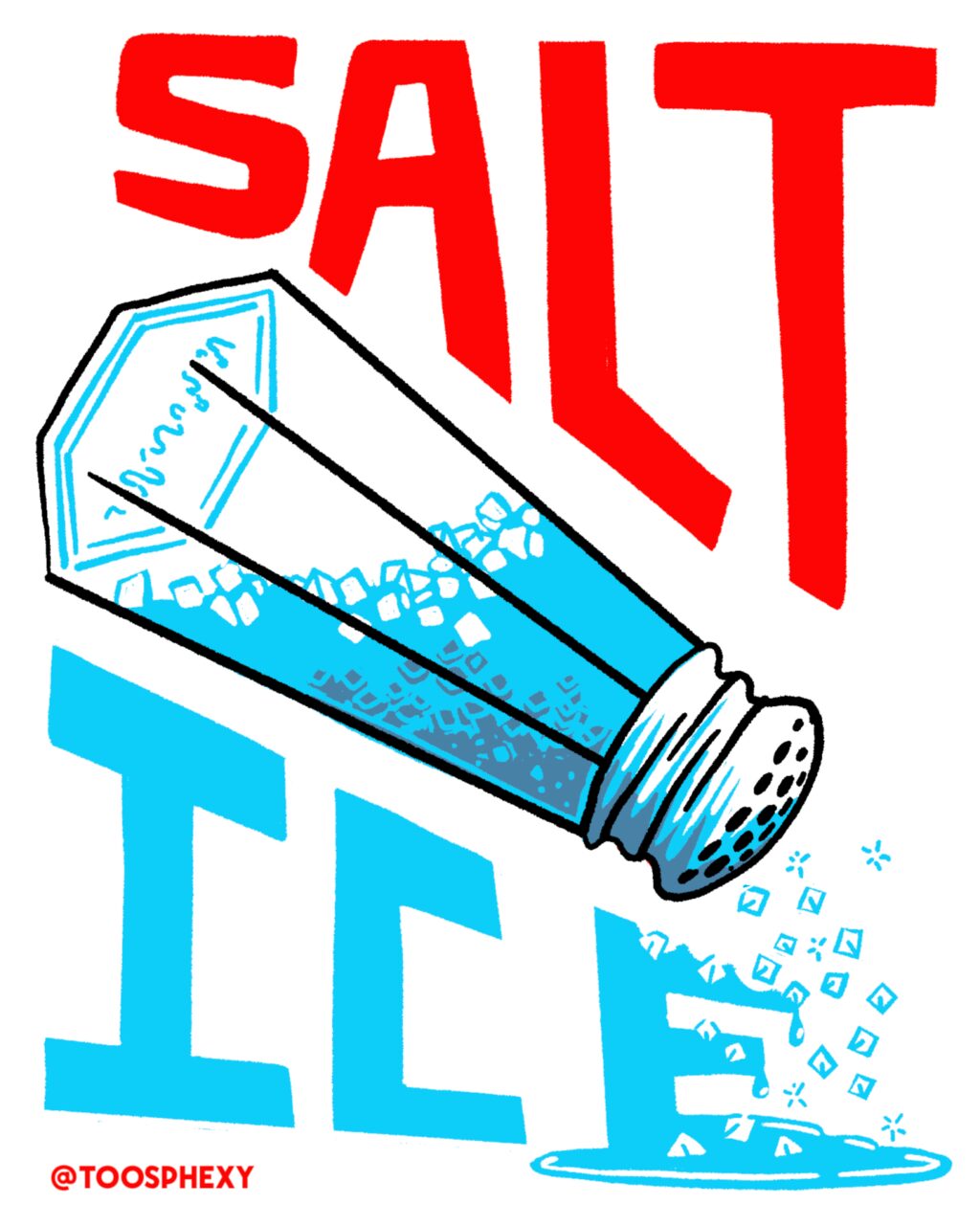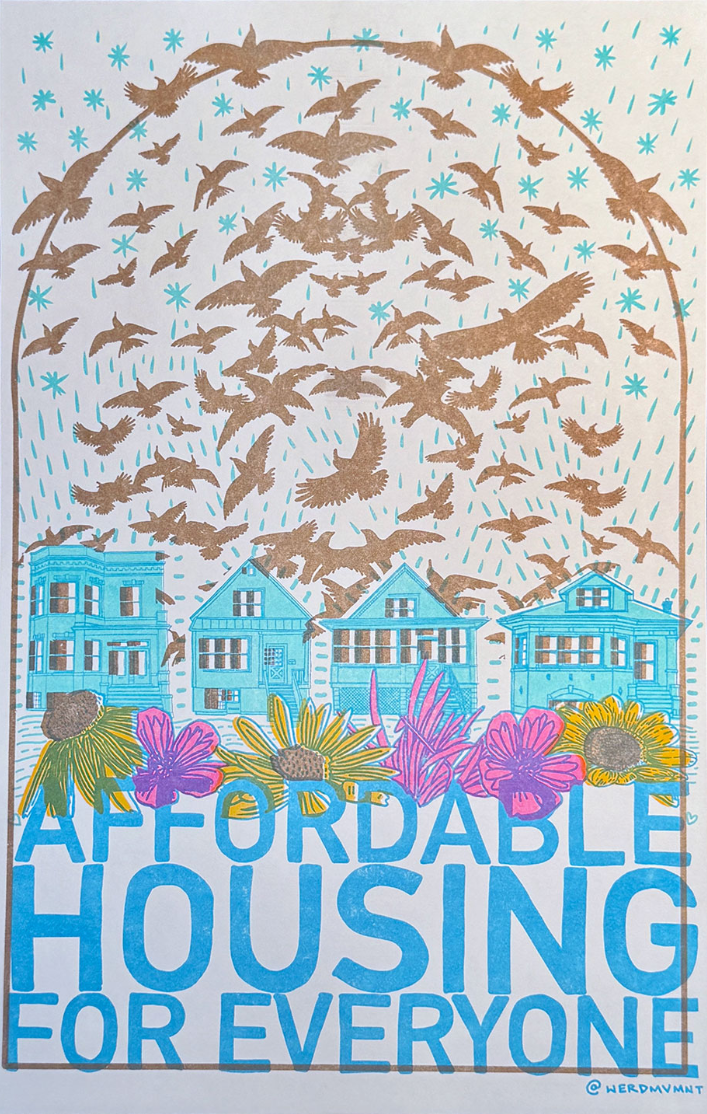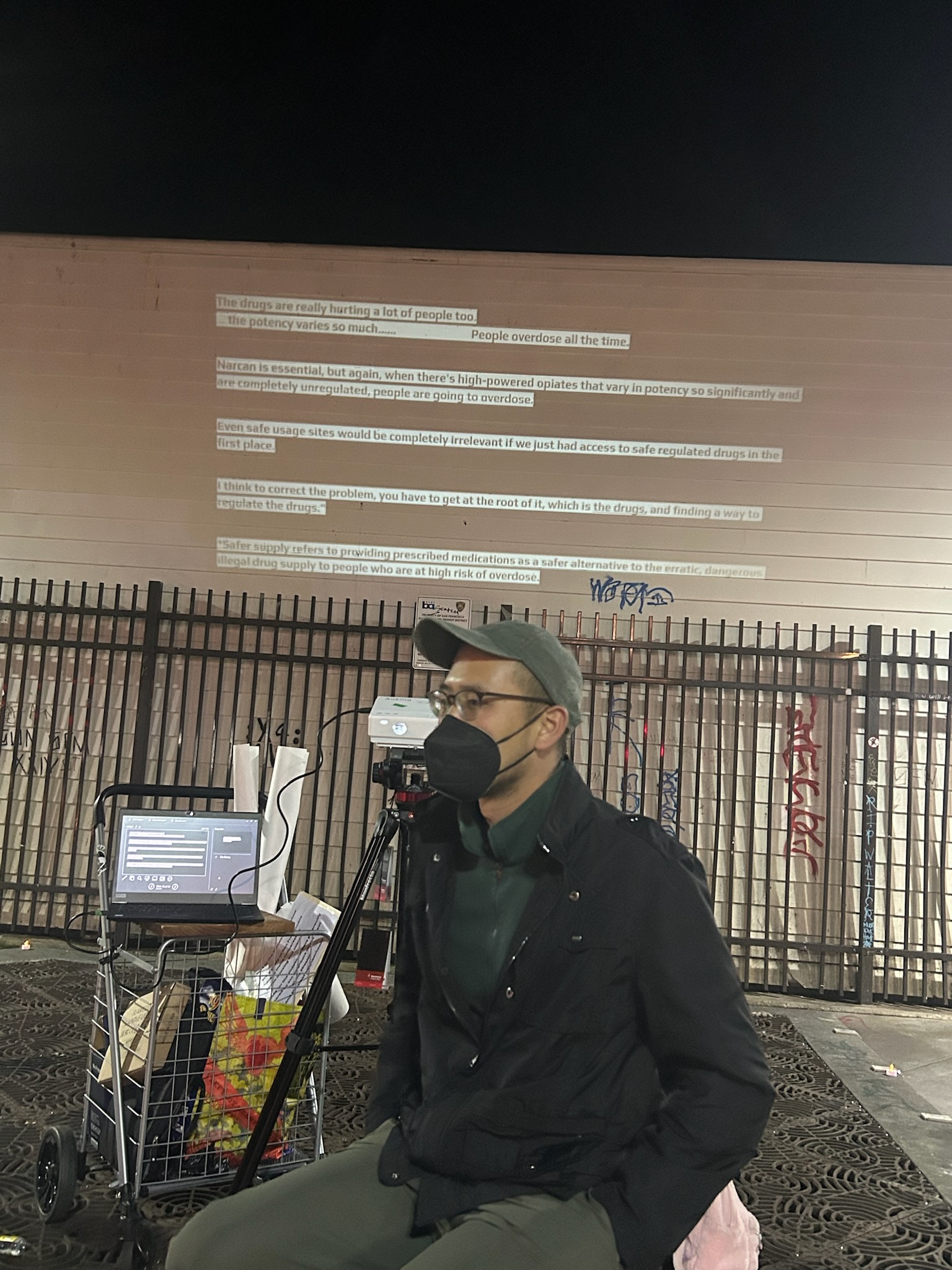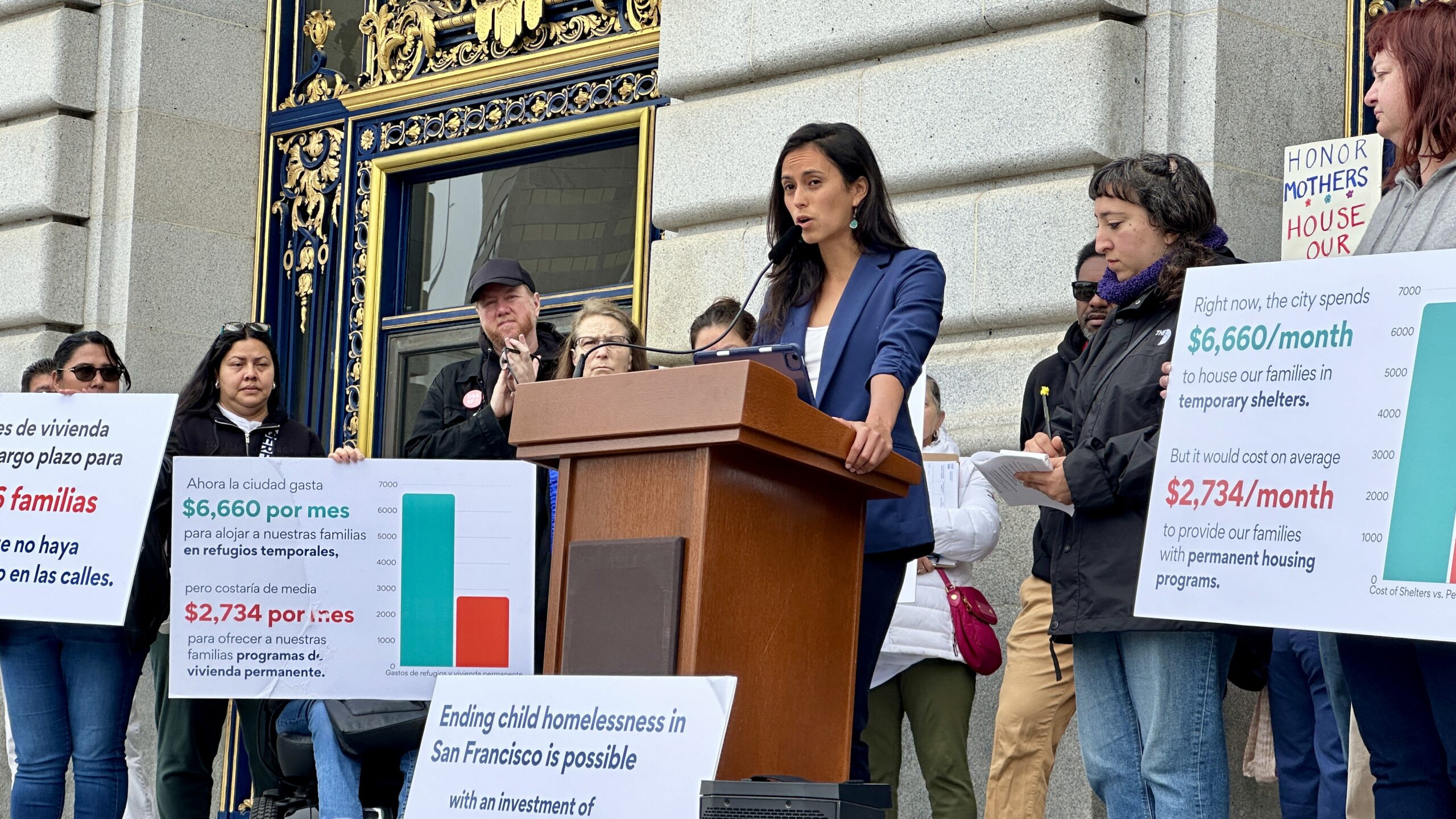story and photos by Sarah Menefee
It’s the only moral solution
A woman is harassed by cops during the sweep of a San Francisco alley
Today as more and more of us find ourselves ‘a paycheck away’ from the streets, homelessness is a death sentence for many and a glaring and appalling absurdity in this richest and most powerful nation in the world – one that has lost its heart and soul as the billionaire class plays royalty and as millions struggle and fall.


